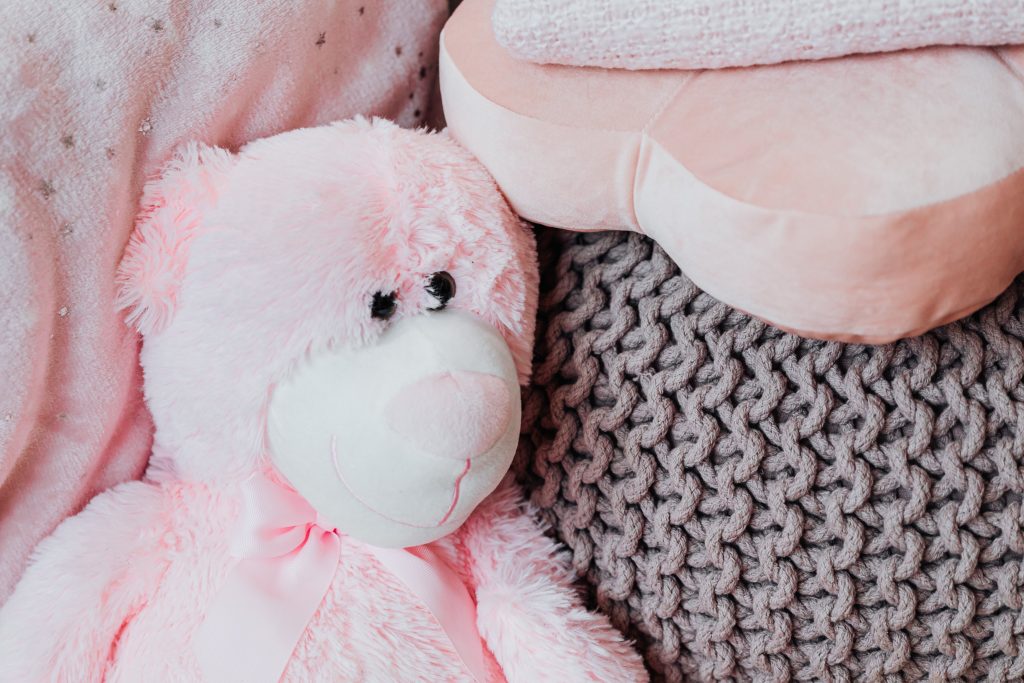Do Plush Toys Have Feelings? Exploring the Emotional Bond Between Humans and Their Furry Friends
Ever pondered if your cherished plush toys, adorned with soft fur and endearing eyes, possess feelings of their own? It’s a whimsical contemplation that has traversed the thoughts of many, particularly those who share a profound emotional bond with these cuddly companions.

Introduction: Do Plush Toys Have Feelings?
Do plush toys have feelings? These cherished companions, also known as stuffed animals or soft toys, have endeared themselves to people of all ages across generations. Beyond their adorable exteriors, these cuddly friends often evolve into trusted confidantes and sources of comfort.
The Psychology of Attachment
Our attachment to plush toys goes beyond mere fondness. Psychologists highlight the significance of attachment, explaining how these toys can serve as transitional objects that provide emotional security, especially in childhood. The comfort derived from hugging a plush toy can be akin to the solace found in the presence of a loved one.
The Anthropomorphism Phenomenon
Enter the world of anthropomorphism, a psychological phenomenon where human characteristics are attributed to non-human entities. Plush toys, with their humanoid features, often become vessels for our emotions. This anthropomorphic connection contributes to the strong bond many individuals develop with their furry companions.
Behind the Scenes of Plush Toy Production
To understand the potential for emotional connection, it’s essential to explore the craftsmanship behind plush toys. These cuddly creatures are meticulously crafted using high-quality materials, with the intention of creating not just a toy but a friend. The manufacturing process involves careful consideration of design and texture to evoke a sense of companionship.
Plush Toys as Comfort Objects
Plush toys frequently serve as comfort objects, offering solace during challenging times. Whether it’s a child seeking reassurance from a favorite teddy bear or an adult finding solace in the soft embrace of a plush friend, these toys play a crucial role in providing emotional support.
Case Studies
Numerous anecdotes attest to the profound impact plush toys can have on emotional well-being. From children finding solace in plush companions during hospital stays to adults overcoming stress with the help of a soft friend, these stories emphasize the genuine emotional connection people form with their plush toys.
The Cultural Significance of Plush Toys
Beyond individual experiences, plush toys hold cultural significance. Across different societies and historical periods, these soft companions have played various roles—from symbols of comfort to cultural icons. Understanding these diverse perspectives enhances our appreciation for the universal appeal of plush toys.
Do Plush Toys Really Have Feelings?
Now, let’s address the intriguing question: Do plush toys have feelings? While it’s clear that these toys don’t possess emotions in the human sense, their impact on human emotions is undeniable. The psychological and scientific aspects behind this emotional connection shed light on why plush toys hold a special place in our hearts.
The Importance of Pretend Play
Apart from emotional support, plush toys play a crucial role in fostering imaginative play, especially in children. Pretend play with plush companions contributes to cognitive development and emotional intelligence, emphasizing the multifaceted benefits these toys offer beyond mere cuddliness.

How to Care for Plush Toys
To preserve the longevity of these cherished companions, proper care is essential. Regular cleaning, gentle handling, and storage in a conducive environment can enhance their lifespan, ensuring they remain cherished friends for years to come.
Plush Toys Beyond Childhood
It’s not uncommon for adults to maintain a collection of plush toys. Far from being a mere nostalgic indulgence, this trend highlights the enduring emotional impact of these toys. The psychological reasons behind adults keeping plush companions vary, but the comfort and familiarity they provide remain constant.
DIY Plush Toy Therapy
Incorporating plush toys into therapeutic activities is gaining popularity. From stress relief to mindfulness exercises, engaging with plush companions in creative ways can contribute to emotional well-being. DIY plush toy therapy activities offer a playful and effective means of managing stress and fostering emotional resilience.
The Future of Plush Toys
As we embrace technological advancements and changing societal norms, the world of plush toys continues to evolve. Trends in design, materials, and production methods reflect an ongoing commitment to meeting the emotional needs of individuals. The future holds exciting possibilities for plush toys, ensuring they remain relevant and cherished.
Debunking Myths
Before concluding, it’s essential to address common misconceptions about plush toys. While some may dismiss them as mere playthings, their impact on emotional well-being is grounded in psychological and sociocultural realities. Debunking these myths helps to foster a deeper understanding of the genuine emotional connection people share with their plush companions.
Conclusion
In conclusion, the question of whether plush toys have feelings may not have a straightforward answer, but their impact on human emotions is profound. From childhood comfort to adult companionship, plush toys play a multifaceted role in our lives. The emotional bonds formed with these soft friends are a testament to the enduring appeal of plush toys.




Leave a comment